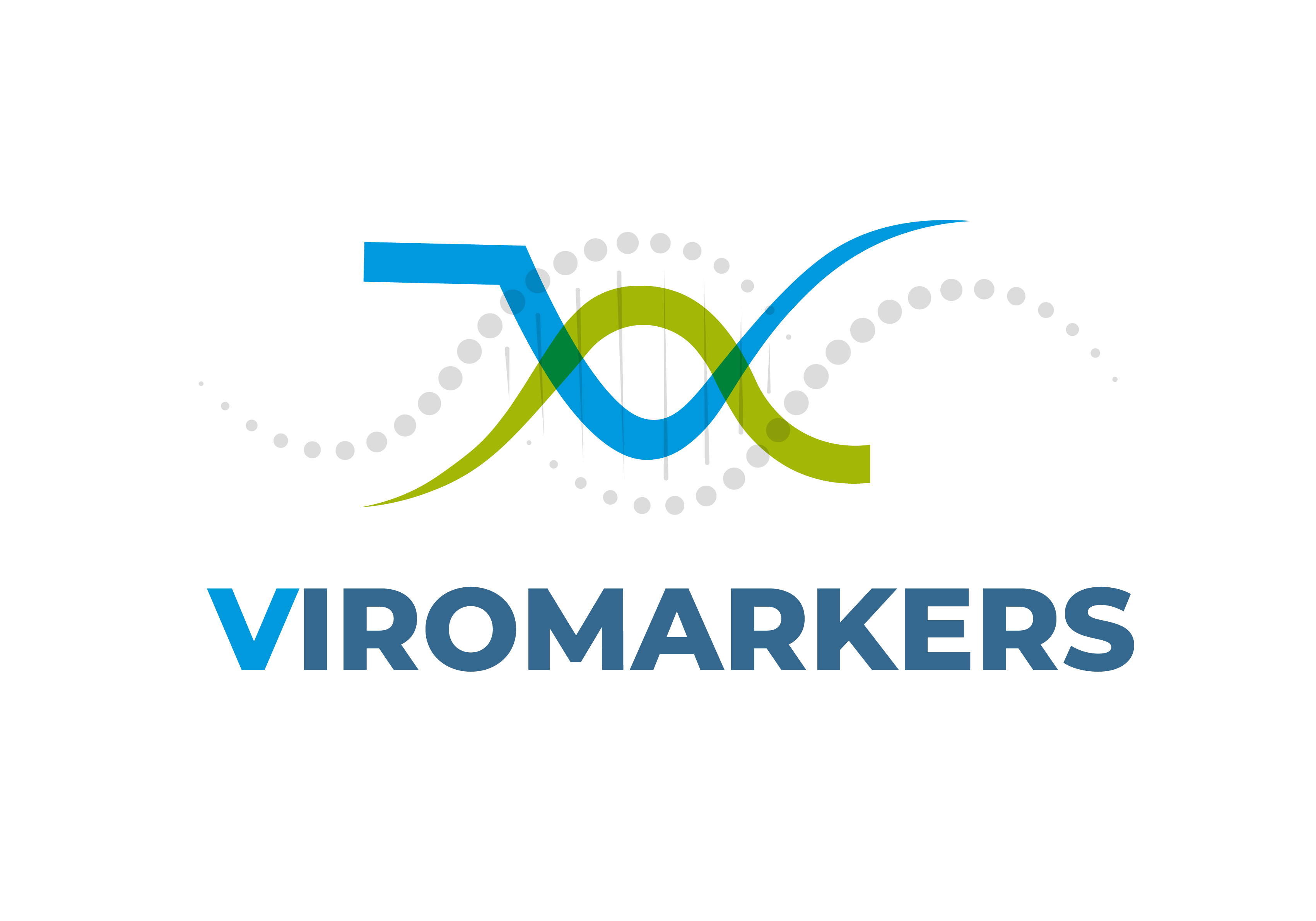Summary
Millions of people worldwide live with persistent viral infections such as HIV (human immunodeficiency virus) and hepatitis. Meanwhile people whose immune systems are weakened following stem cell transplants are also highly vulnerable to serious viral infections.
Advances in treatments mean many people affected by these viruses are able to keep the infection under control for years. However, the treatments do not work for everyone, and viruses can develop resistance to treatments.
The aim of VIROMARKERS is to develop biomarkers that would revolutionise the care of people living with HIV and hepatitis D, as well as stem cell transplant patients at risk of cytomegalovirus (CMV) infection or reactivation.
Antiretroviral therapy (ART) for HIV is highly effective; most people who take it as prescribed are able to suppress the virus and live long, healthy lives. Nevertheless, people living with HIV do need regular tests to ensure that their ART is still working as it should. One goal of VIROMARKERS is to advance the use of quantitative HIV DNA as a marker of increased risk of disease rebound in people with HIV who previously had their disease under control. This information is vital for patients and doctors who need to know early on if they need to switch to a different form of ART.
The project also plans to develop a better biomarker to identify which patients are most likely to respond well to a new type of HIV treatment based on neutralising antibodies. The tests that are currently used for this are cumbersome, lengthy, and the results may be inaccurate.
The hepatitis D virus causes a particularly severe form of the disease, which rapidly progresses towards the development of cirrhosis and liver cancer. A new drug called bulevirtide has been a game-changer in the treatment of hepatitis D, but we lack markers to predict which patients will respond best to the drug. VIROMARKERS wants to change that.
Finally, cytomegalovirus (CMV) is a common infection in people whose immune system is weakened following a hematopoietic stem cell transplantation. CMV is major cause of illness, death and transplant failure. VIROMARKERS aims to deliver new biomarkers that could help identify the stem cell transplant patients at greatest risk of CMV infection or reactivation, so that their management can be optimised.
For all three infectious diseases, VIROMARKERS expects to deliver solutions that are both scientifically robust and practical and transformative for healthcare. Ultimately, the project outcomes will pave the way for new tests that will allow people living with these chronic infections and their clinicians to take better-informed decisions about their treatment.
Achievements & News
April 2025
This World Liver Day, discover how IHI and IMI projects are revealing more insights into liver disease and how best...
Participants
Show participants on mapUniversities, research organisations, public bodies, non-profit groups
- Azienda Socio-Sanitaria Territoriale (Asst) Santi Paolo E Carlo, Milano, Italy
- Bundesinstitut Fur Impfstoffe Und Biomedizinische Arzneimittel, Langen, Germany
- Fondazione Irccs Ca' Granda - Ospedale Maggiore Policlinico, Milano, Italy
- Heinrich-Heine-Universitaet Duesseldorf, Dusseldorf, Germany
- Karolinska Institutet, Stockholm, Sweden
- Klinikum Der Universitaet Zu Koeln, Koeln, Germany
- Universita Degli Studi Di Roma Tor Vergata, Roma, Italy
- Universita Degli Studi Di Siena, Siena, Italy
- University College London, London, United Kingdom
Small and medium-sized enterprises (SMEs) and mid-sized companies (<€500 m turnover)
- EuResist Network GEIE, Roma Rm, Italy
- MIB Dienstleistung GmbH, Berlin, Germany
Patient organisations
- European Aids Treatment Group Ev, Dusseldorf, Germany
- European Liver Patients Association, Bruxelles / Brussel, Belgium
Third parties
- Informapro - Societa' A Responsabilita' Limitata, Roma, Italy
IHI industry partners
- A. Menarini Diagnostics S.R.L., Firenze, Italy
- Diatheva SRL, Cartoceto, Italy
- Qiagen GMBH, Hilden, Germany
- Societa Italiana Articoli Laboratorio - S.I.A.L. SRL, Roma, Italy
- altona Diagnostics GMBH, Hamburg, Germany
Contributing partners
- Roboscreen GMBH, Leipzig, Germany
| Participants | |
|---|---|
| Name | EU funding in € |
| Azienda Socio-Sanitaria Territoriale (Asst) Santi Paolo E Carlo | 162 500 |
| Bundesinstitut Fur Impfstoffe Und Biomedizinische Arzneimittel | 85 625 |
| EuResist Network GEIE | 360 000 |
| European Aids Treatment Group Ev | 50 000 |
| European Liver Patients Association | 50 000 |
| Fondazione Irccs Ca' Granda - Ospedale Maggiore Policlinico | 108 125 |
| Heinrich-Heine-Universitaet Duesseldorf | 99 900 |
| Karolinska Institutet | 180 000 |
| Klinikum Der Universitaet Zu Koeln | 262 000 |
| MIB Dienstleistung GmbH | 95 250 |
| Universita Degli Studi Di Roma Tor Vergata | 400 000 |
| Universita Degli Studi Di Siena | 310 000 |
| University College London | 77 979 |
| Third parties | |
| Name | Funding in € |
| Informapro - Societa' A Responsabilita' Limitata | 88 125 |
| Total Cost | 2 329 504 |
